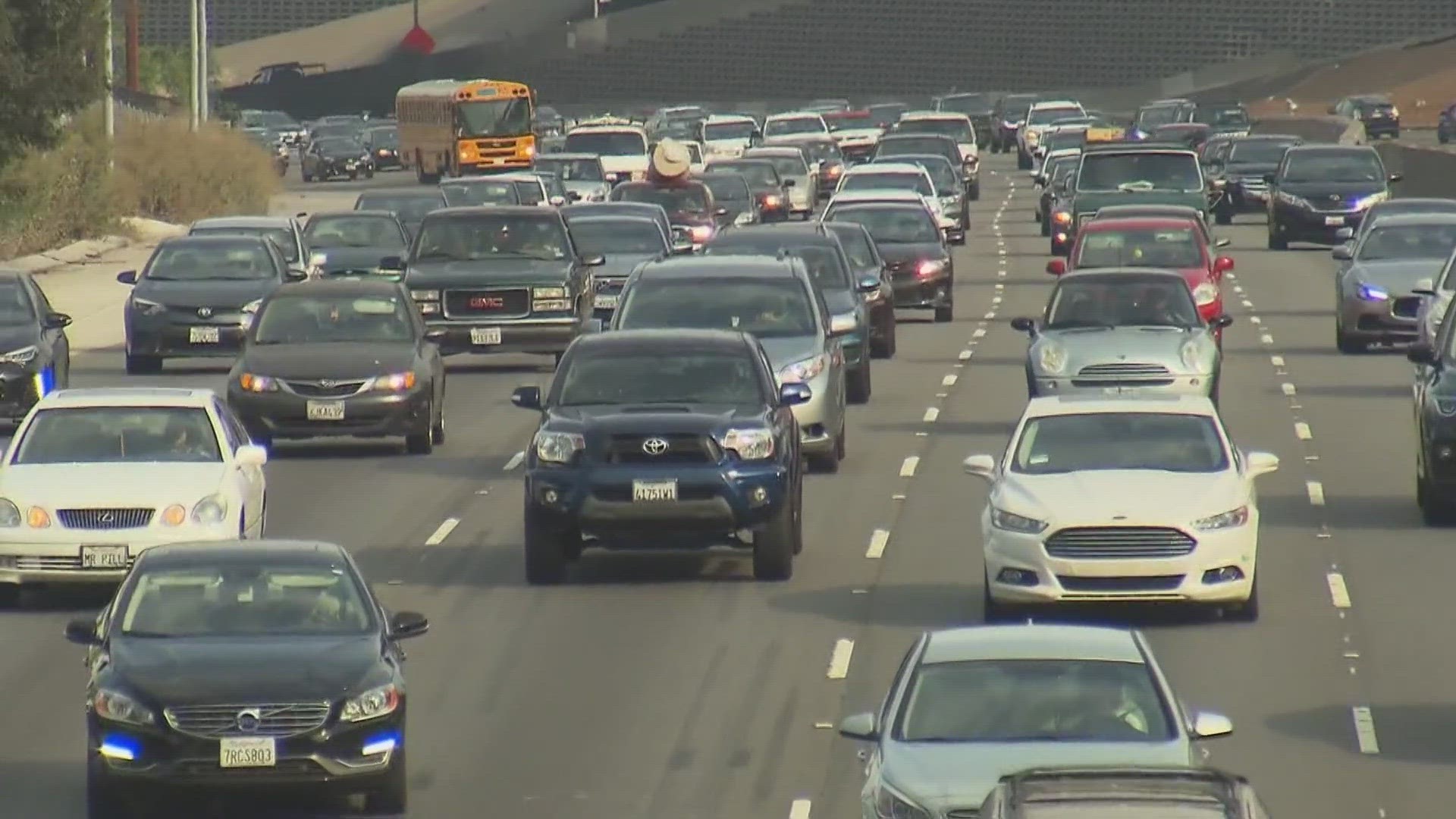SEATTLE — A draft proposal shows Washington state's Transportation Electrification Strategy could potentially recommend policy to "allow direct sales from electric vehicle automakers to consumers."
Some environmentalist groups and electric vehicle (EV) advocates have been pushing for the change for years. Meanwhile, auto dealerships have spoken up against it, worried the move would impact their businesses.
Currently, state law does not allow EV-only manufacturers to offer test drives or directly sell their vehicles, with an exception for Tesla, which was granted a license by the state before a law enforcing rules went into effect.
That means consumers who want to test drive a Rivian, for example, could not do so in their showroom.
"Today, if you were to walk into U-Village, you could touch the vehicles, you could get in the vehicles, you could ask our product specialists about the range of the vehicle, but you cannot take a demonstration drive," Rivian Public Policy Manager Hannah Steinweg said. "If you wanted to, we'd have you go out of state to a state like Portland that does have demonstration drives. We also can't talk about pricing or financing. We believe this is antithetical to Washington's values of consumer choice and consumer access."
Some groups pushing to change the law say more ways to buy would increase access to vehicles that reduce emissions.
"We're not going to be able to do that unless we look at changing the way vehicles are purchased in Washington," said Paula Sardinas with the Washington Build Back Black Alliance. "If we're going to be honest and say we want to make this purchase as easy as possible for consumers, we've got to bring innovation and policy into 2023."
Many car dealerships spoke out against the change in 2021 when legislation was proposed and again after the Transportation Electrification Strategy draft was released.
"Dealerships have to compete on both price and service," said Matthew Phillips, CEO of Car Pros and vice-president of the Washington State Auto Dealers Association. "And dealerships have a high geographic footprint, meaning dealerships are more focused on after-sales service."
Car dealerships raised concerns that if all manufacturers were able to sell directly, they could lose out on the deals they've made with companies and face major economic impacts.
"Many dealerships are small, family-owned dealerships that are part of their communities," Phillips said. "They offer family-wage jobs and a path to the middle class which is harder than ever to find, and dealerships reinvest millions into local economies every year- often supporting local youth sports, food banks and hospitals."
Supporters of making the change maintain it would increase access to electric vehicles.
"In Washington, transportation is our primary source of climate pollution," Leah Missik, senior Washington policy manager at Climate Solutions, said. "We both need to expand access to other choices like transit, walking, biking- and every vehicle on the road, ultimately, needs to be zero emissions."

